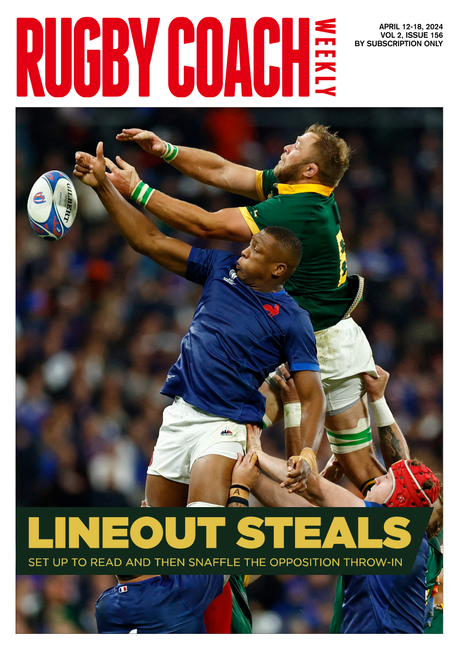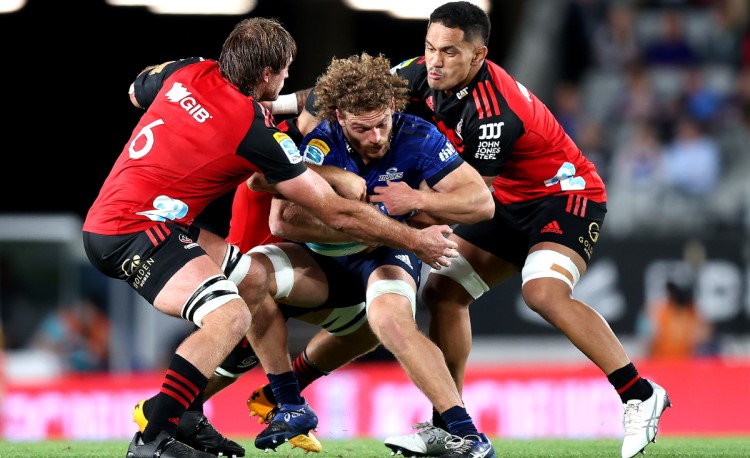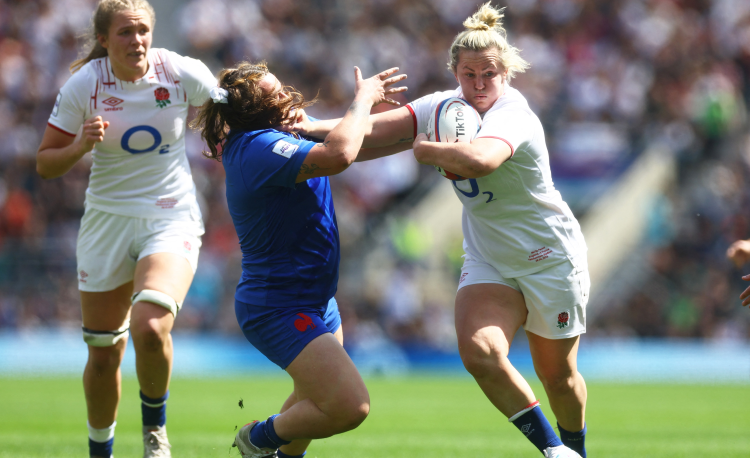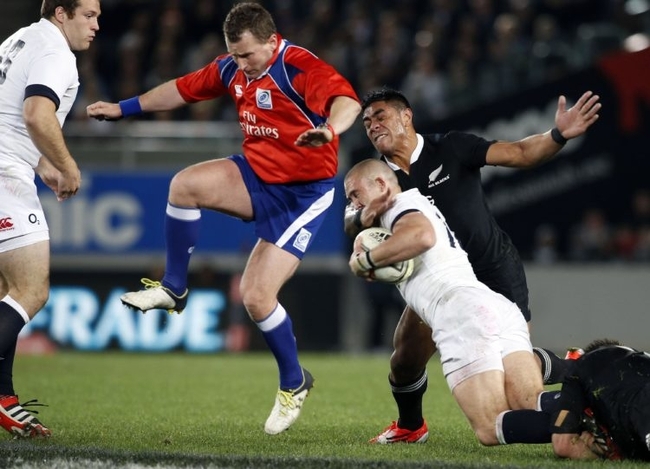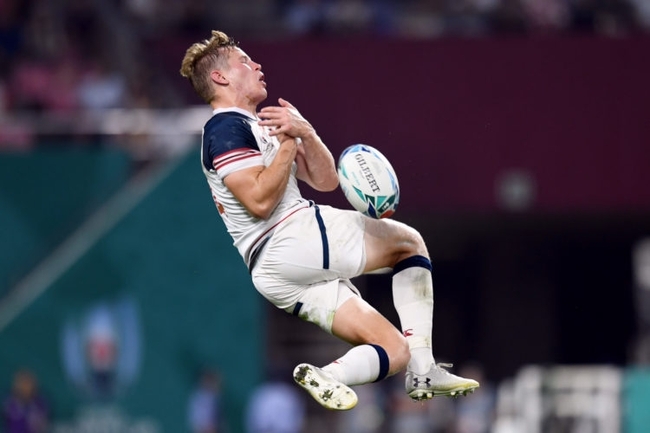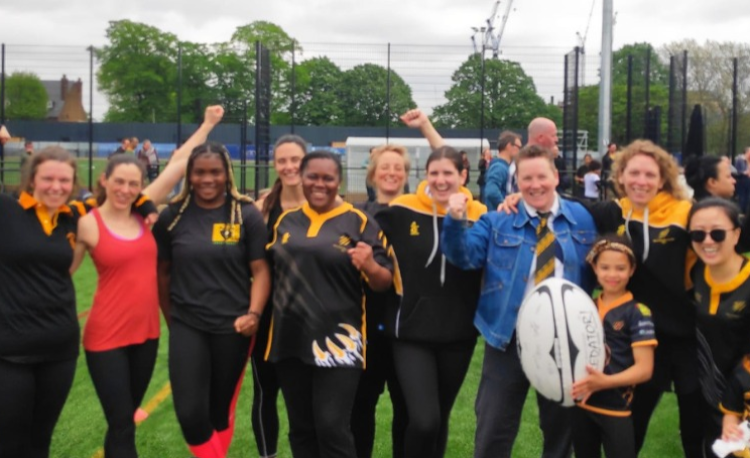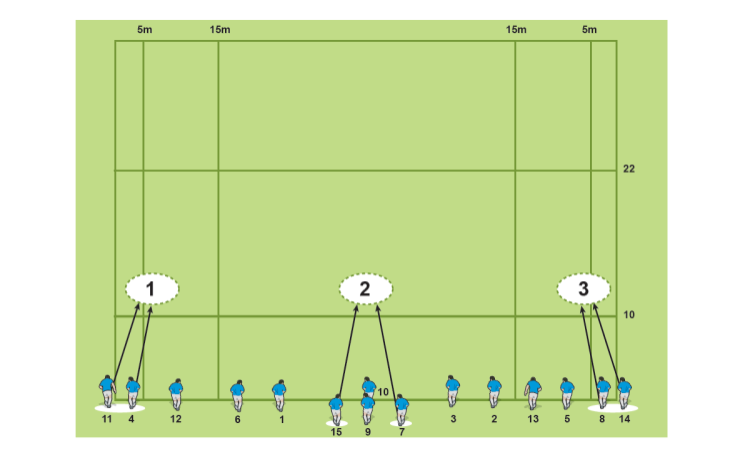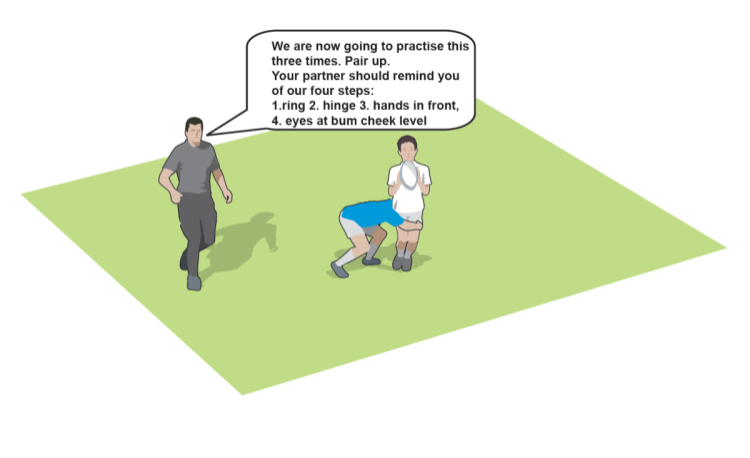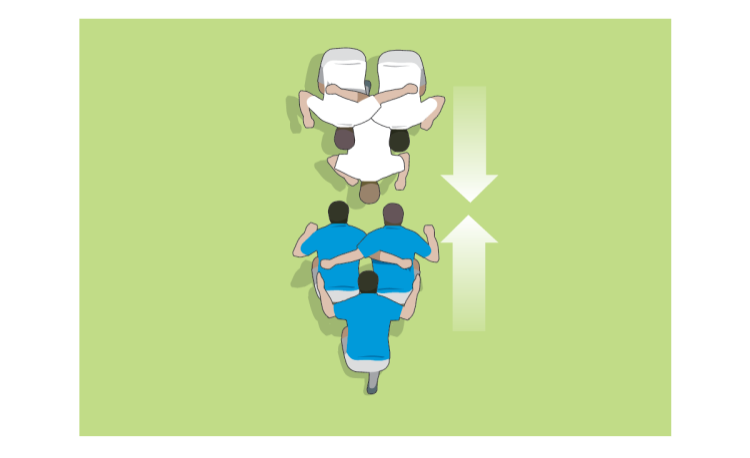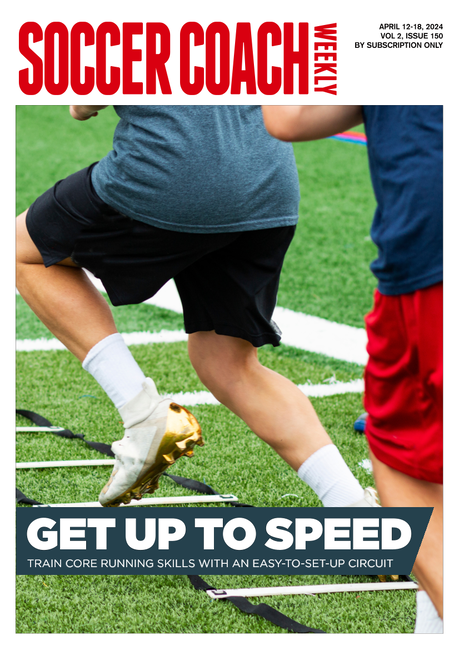You are viewing
1 of your 2 free articles
Think deeper and for much longer
It is interesting to reflect on the impact of famous author Dorothy L. Sayers on modern coaching. Way back in 1947, she challenged teachers to make their students think deeper and think more, so they learn for themselves.
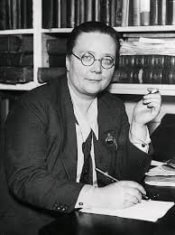
“Has it ever struck you as odd, or unfortunate, that today, when the proportion of literacy is higher than it has ever been, people should have become susceptible to the influence of advertisement and mass propaganda to an extent hitherto unheard of and unimagined?” Dorothy L Sayers (1947)
Her challenge was that we didn't equip students with the tools needed to tackle difficult situations. Yes, the students had plenty of education and lots more awareness of the world. However, they couldn't prove points by focusing on facts and not opinions.
It's easy enough to be superficially informed with all the access to social media and search engines. Yet do we then think through the information and create informed conclusions? Probably not as much as we should like.
It's her subsequent development that makes me reflect on my coaching. She says we forget much of what we learned at school, which is understandable. But, more crucially, we forget how to tackle a new subject. If a problem presents itself, how do we research it properly, ensuring we don't skip over the relevant topics or find ourselves confirming our biases?
This mantle has been taken up by Doug Lemov and his research group in the Teach Like a Champion series. He calls it Ratio. There are two elements to a ratio. In this case, it is engaging in learning on one side and deep thinking on the other side. So, while the learner might be "doing" some learning, they might not be thinking hard enough.
For example, you might be running through some skills, and the player is touching the ball a lot and making quite a few passes. That's a lot of participation. But is the player thinking deeply about the type of pass they are using and how that fits into achieving the goals for making a pass?
At the other end, you might be playing a small-sided game. You gather the players together and get them to reflect on what's happened. Only two or three players give you feedback. That's deep learning for the few, while the others just want to get back into the game.
You can probably see how you can improve the ratio immediately. In the case of the passing activity, you could co-create the goals with the players. In the game, you could break the feedback groups into pairs or threes and get them to feedback as a group.
Lemov is keen to point out that deep thinking also needs knowledge: "Facts and rigour are not opposites as some educators continue to suggest, but synergistic partners". For Sayers, that meant memorising, reciting, chanting and observing. For us, this could mean that to get a good ratio, we first have to "drill" some of the facts into the players. This could be passing exercises where the players build up a good base of skills around their handling. You can't think deeply about the right decision to make if you think about passing the ball.
Newsletter Sign Up
Coaches Testimonials

Gerald Kearney, Downtown Las Vegas Soccer Club

Paul Butler, Florida, USA

Rick Shields, Springboro, USA

Tony Green, Pierrefonds Titans, Quebec, Canada
Subscribe Today
Be a more effective, more successful rugby coach
In a recent survey 89% of subscribers said Rugby Coach Weekly makes them more confident, 91% said Rugby Coach Weekly makes them a more effective coach and 93% said Rugby Coach Weekly makes them more inspired.
Get Weekly Inspiration
All the latest techniques and approaches
Rugby Coach Weekly offers proven and easy to use rugby drills, coaching sessions, practice plans, small-sided games, warm-ups, training tips and advice.
We've been at the cutting edge of rugby coaching since we launched in 2005, creating resources for the grassroots youth coach, following best practice from around the world and insights from the professional game.


